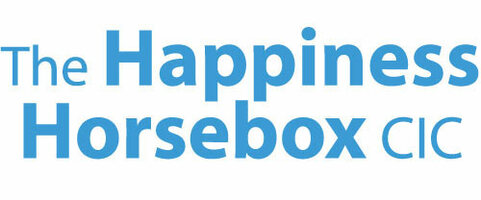Why is Purple Tuesday Important ??
Well, for disabled people and their families:
- Receiving a poor customer experience gives an overriding sense of not being wanted. Or cared about.
- 75% of disabled customers have, at one time, left a shop, hotel, restaurant or website without making a purchase due to poor access and/or customer service.
- 70% of disabled customers will not return to an organisation after receiving a poor customer service.
Can any business afford to ignore the needs of 24% of the population – the world’s largest minority group...?!
• The Purple Pound – the consumer spending power of disabled people and their families – equates to £274 billion. Yet only 10% of businesses have any strategy or plan to access this market.
• Would your organisation pass the disability family and friend test? Over 80% of your staff will have a disabled relative, or someone in their close network, with a disability. Would you want them to feel if their relative was to come to their organisation they would be treated poorly as a customer simply because they had a disability. The answer is always no.
Key Reflections
Would you want your Auntie, Nephew or partner to come to your organisation and receive a poor experience because they are disabled...?
Start with who is the disabled customer. In the early years the accessibility commitments were focused around physical access, reflecting understanding about wheelchair users and those with sensory impairments.
Now there is consideration about the needs of those on the neurodivergent spectrum; those with mental health conditions; long term health conditions; and those with Cancer....
Organisations are starting to seize the art of the possible...
Quiet hours. And their popularity when moving from an early morning to early afternoon slot, acknowledging the needs of the neurodivergent spectrum community, and their families. And understanding it works for the wider community.
Adopting the Hidden Disabilities Sunflower lanyard scheme which has supported staff to be proactive with customers with hidden disabilities.
Mental health awareness training.
Digital access audits, particularly anorganisation’s website.
Frontline staff learning hello and goodbye in sign language.
Staff adopting the six second rule : after asking a question, they count to six in their head allowing the individual to process the question and speak the response, without someone jumping in. and answering (incorrectly) on their behalf. This is particularly effective for individuals on the neurodivergent spectrum or with a stammer.



